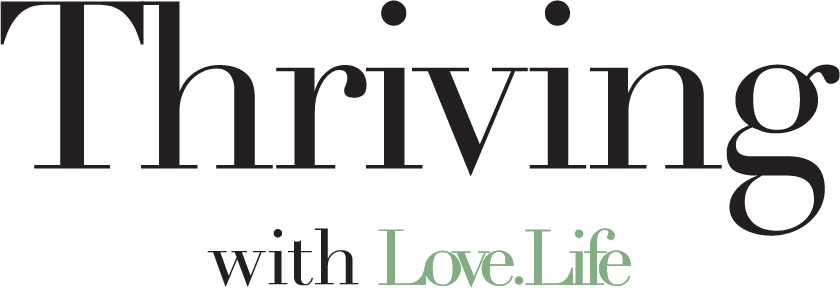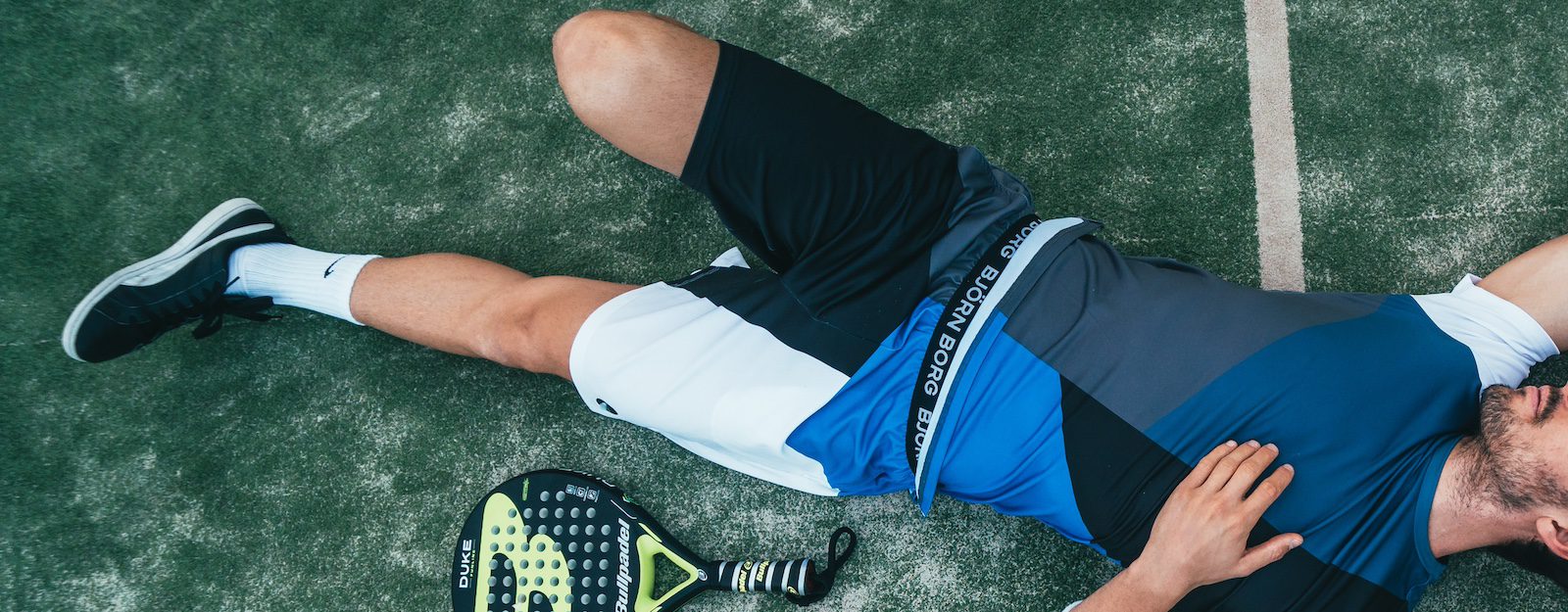While many athletes and active people focus on post-workout foods or supplements to promote recovery, they often forget about another key recovery tool: sleep. Read on for more about the benefits of sleep for active adults:
Sleep aids in recovery
Whether you participate in recreational exercise or professional athletics, your body requires mending from physical activity. Sleep has been shown to be one of the most beneficial ways to promote exercise recovery. Poor sleep can reduce growth hormone levels, which can interfere with healing. In addition, a lack of sleep is associated with poor eating habits, which can also hinder recovery.
Sleep prevents injury
A lack of sleep has been tied to a higher rate of injuries, particularly concussions. Adequate sleep can help reduce injuries by physically supporting your body’s structure, and by enhancing brain function and reaction time, which can result in fewer mistakes and accidents.
Sleep decreases injury healing time
Sleep enhances injury healing, partly through its anti-inflammatory impact. Healthy sleep also supports good nutrition choices, which further enhance recuperation.
Sleep supports mental health
In addition to cognitive function, mental health and mood can take a toll when sleep is not prioritized. Not getting enough sleep has been linked to poor mental health outcomes, such as anxiety and depression or worsening of these conditions. In addition, research suggests that poor mental health is associated with an increased injury risk.
Sleep boosts your immune system
Sleep deprivation increases inflammation, which suppresses immune function. When the immune system is impaired, so is recovery. Too little sleep also increases cold and flu susceptibility.
Sleep boosts performance and endurance
Likely related to the improved recovery sleep provides, healthy sleep has been linked to better performance and endurance. After a poor night’s sleep active people often experience a quicker onset of exhaustion, a perceived increase in effort, and impaired accuracy of their sport.

